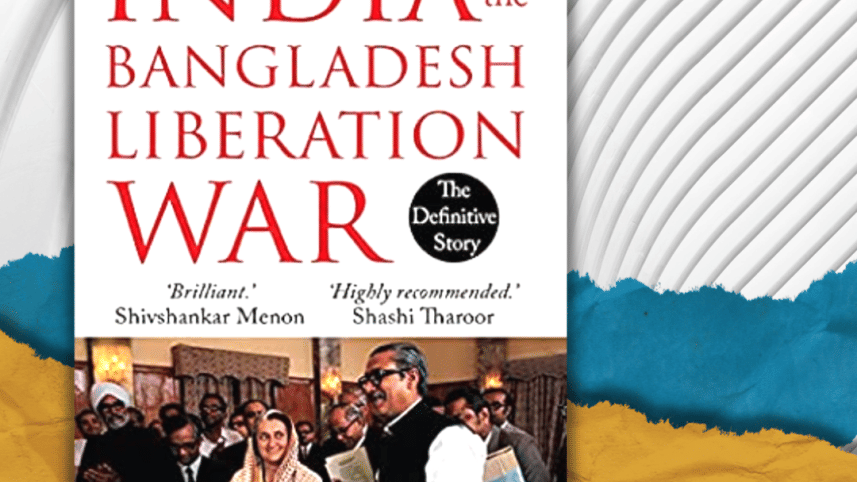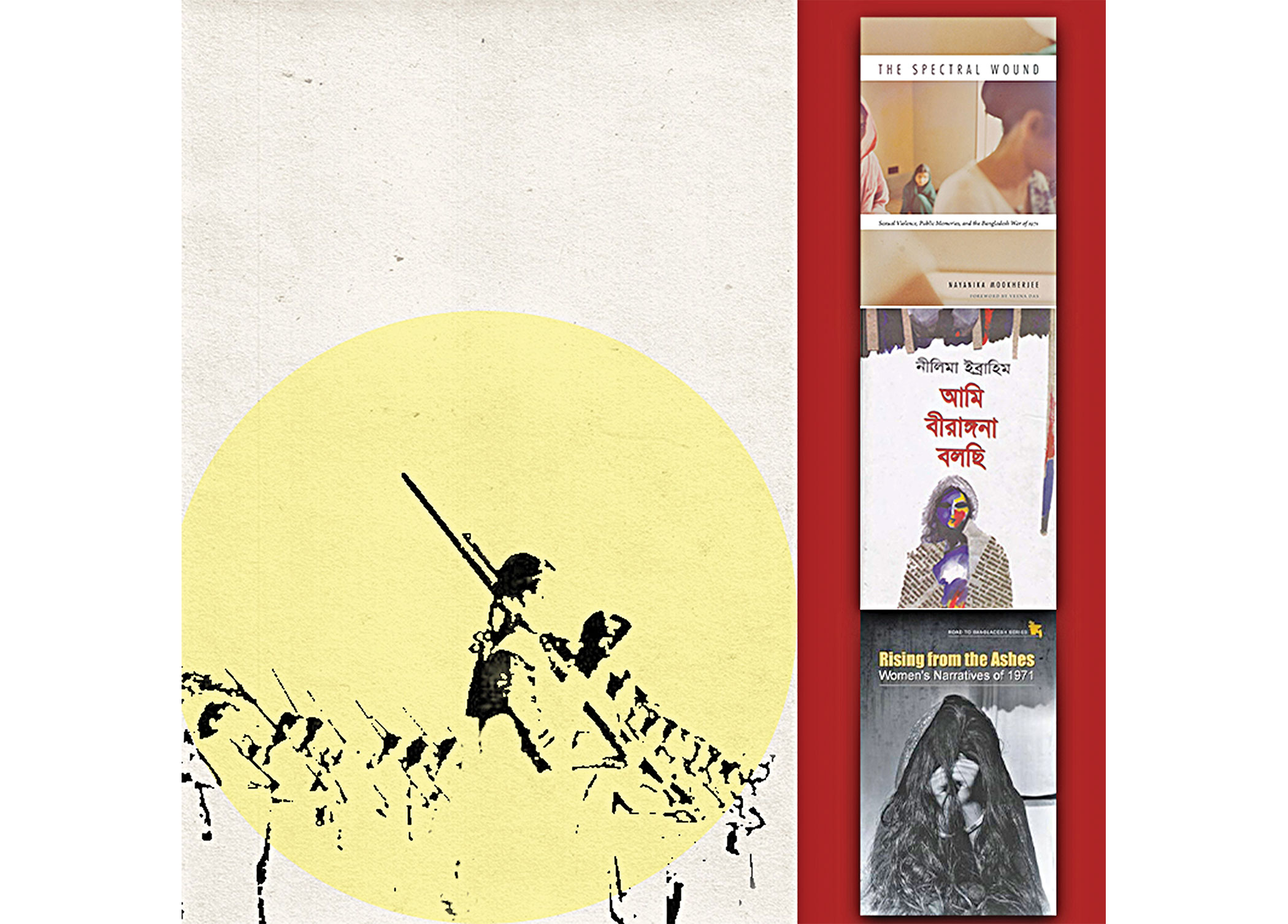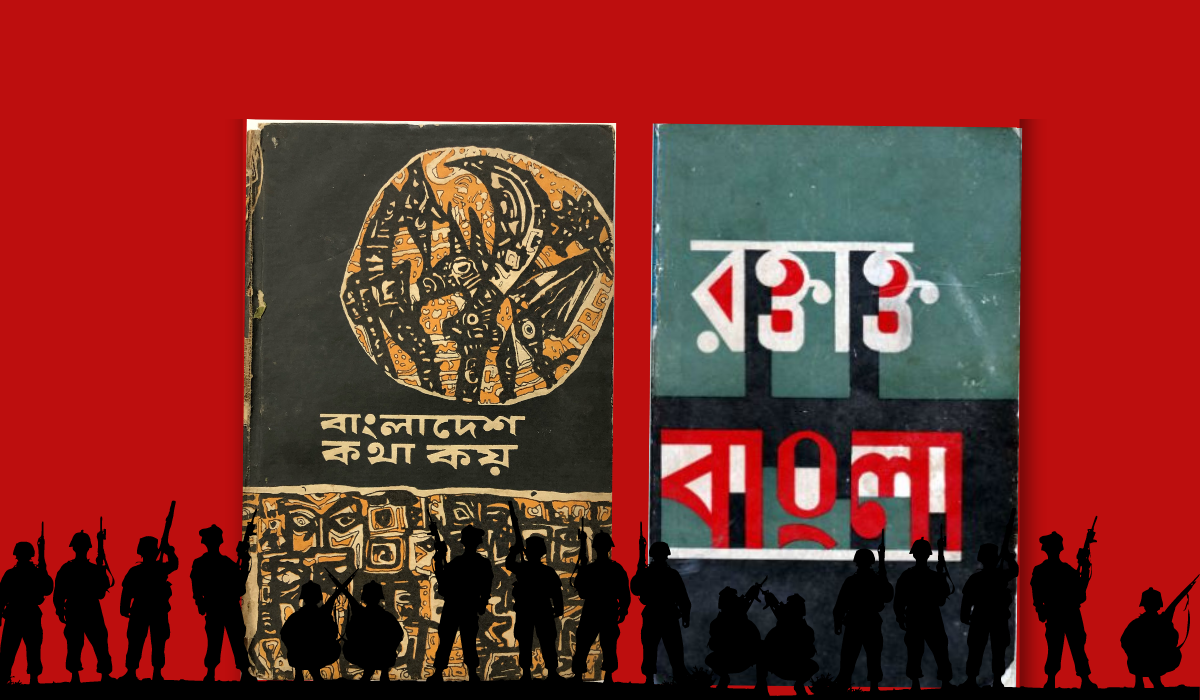Contradictions in a book on the Bangladesh Liberation War

"The historian's problem is to discover what it really was that happened. And he deals with it by offering an explanation of the form", wrote William Dray of the University of Toronto in the last century.
Very few books on the history of the Liberation War of Bangladesh have been based on extensive research to explain the "what it actually was". Most of them are based on interviews or memoirs, the latter often transcribed by a third person. Chandrashekhar Dasgupta's India and the Bangladesh Liberation War (Juggernaut, 2021) promises to be one of the few countable outliers.
The front blurb raises the questions: Did India have a plan to break up Pakistan? When and why did it involve itself with the Bangladesh freedom struggle? Did India "win the war but lose the peace" by signing the Simla Agreement?
Dasgupta concludes: Indira Gandhi and her principal aide, Haksar, could not match the theoretical sophistication of their American counterparts, Nixon and Kissinger. But they "achieved success" by dint of their clear vision. Awami League's victory in the 1970 elections gave rise "to hope as well as apprehensions" of the Indian policymakers. They feared that, if the Pakistan army decided to thwart the transition to democracy, a long-drawn-out guerilla war would pass under the control of China or India's own Naxalites.
Yahya's decision to crush Bengali aspirations through a reign of terror was the death blow to the unity of Pakistan. It triggered a massive refugee exodus and increased India's security concern. And so India decided to help the freedom fighters, but an immediate march to Dhaka was ruled out, because the army had no such contingency plan. India wanted to end the liberation war before the year end so that Chinese intervention or UN-imposed ceasefire would not divert it. India had no grand strategy from before but they marshalled all state power to create a coordinated ad-hoc plan.
The main war-strategy did not include capturing Dhaka. Only at a very late stage was that aim included in the war-plan by Lt General Jacob.
This book comprises 18 years of research. However, some parts of it question the credibility of the research.
In the chapter, "Indian reactions–January 1971", Dasgupta describes the doubts in the minds of the policymakers. He writes that the senior Ministry of External Affairs officials and RAW were divided on the issue of the separation of East Pakistan. In a meeting of senior diplomats and intelligence officers on January 6, 1971, "[o]nly the head of the Pakistan division (of MEA), Asoke Ray, agreed with Kao (head of RAW) to support the Bengali regulars declaring for independence". The discord in the meeting was definitely no "documentary evidence".
Then there is the question of whether India was entitled by law to give military assistance to the Bangladeshi guerillas—a point that has been raised in Cases and Materials on International Law by David Harris (Thomson Reuters, 2010). An International Court of Justice report in 1972 concluded that India's attack on Pakistan under the doctrine of self-defence is not justified. But India could act on humanitarian grounds as the large-scale violation of human rights in East Pakistan created a continuous and unbearable refugee problem in India.
Dasgupta himself quotes Swaran Singh's speech in the Security Council: "International Law requires that where a mother state has irrevocably lost the allegiance of such a large section of its people . . . and cannot bring them under its sway, conditions for the separate existence of such a State come into being". All these nullify Haksar's point. Yet Dasgupta accepts Haksar's explanation without any mention of these, proving his research biassed.
Most writers of books on the 1971 war have considered the day of surrender of the Pakistani army as the last day of the war. Dasgupta gives a detailed, day to day account of the signing of Simla Agreement.
A "what it really was" analysis of the 1971 war does not mean the description of the actions of India only. It should also cover their mistakes and failures. The cover of this book claims to be a "definitive story", but its research and narrative are not holistic.
Kazi Zawad is a former Senior Producer at BBC Bangla.



 For all latest news, follow The Daily Star's Google News channel.
For all latest news, follow The Daily Star's Google News channel. 


Comments